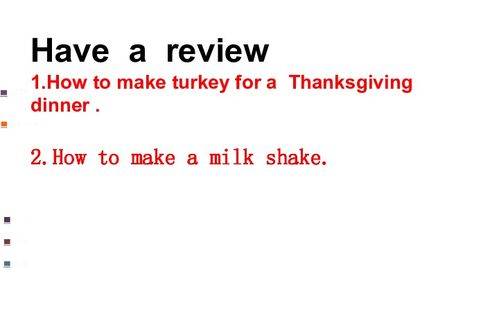How to Make Money Hosting a Tournament
Hosting a tournament can be a thrilling and lucrative venture. Whether you’re organizing a gaming event, a sports competition, or a local contest, there are numerous ways to monetize your tournament. In this detailed guide, we’ll explore various strategies to help you make money from hosting a tournament.
Choosing the Right Tournament

Before diving into the monetization strategies, it’s crucial to select the right tournament. Consider the following factors:
- Interest and Demand: Choose a tournament that appeals to a large audience. Research the market to identify popular events and themes.
- Unique Selling Points: Differentiate your tournament from others by offering unique features, such as exclusive prizes, renowned judges, or a unique venue.
- Target Audience: Understand your audience’s preferences and tailor the tournament accordingly. This will help you attract participants and sponsors.
Registration Fees

One of the most straightforward ways to make money from hosting a tournament is by charging registration fees. Here’s how you can approach it:
- Entry Fees: Set a reasonable entry fee that covers your costs and generates a profit. Consider offering different tiers of entry fees for various categories or skill levels.
- Early Bird Discounts: Encourage participants to register early by offering discounted entry fees. This can help you gauge interest and secure a steady stream of participants.
- Group Discounts: Provide incentives for teams or groups to register together, as this can increase the number of participants.
Merchandise and Swag

Creating and selling merchandise can be a lucrative source of income. Here are some ideas:
- Branded Apparel: Design and sell tournament-branded t-shirts, hats, and other apparel. You can also offer custom designs for teams or participants.
- Merchandise Packages: Create special packages that include multiple items, such as a t-shirt, hat, and a tournament poster.
- Exclusive Items: Offer limited-edition items, such as signed memorabilia or exclusive tournament merchandise.
Sponsorships and Partnerships
Securing sponsorships and partnerships can significantly boost your tournament’s revenue. Here’s how to approach it:
- Identify Potential Sponsors: Research companies that align with your tournament’s theme and target audience. Reach out to them with a compelling proposal.
- Offer Sponsorship Packages: Create various sponsorship tiers with different benefits, such as logo placement on promotional materials, social media mentions, or on-site visibility.
- Collaborate with Local Businesses: Partner with local businesses to offer cross-promotional opportunities, such as discounts for participants or exclusive deals for sponsors.
Prize Pool
An attractive prize pool can draw top talent and increase the tournament’s appeal. Here’s how to manage it:
- Set a Reasonable Prize Pool: Ensure that the prize pool is substantial enough to attract participants but doesn’t exceed your budget.
- Incorporate Sponsorship: Work with sponsors to fund the prize pool, as this can reduce your financial burden.
- Offer Diverse Prizes: Provide a mix of cash, merchandise, and experiences to cater to different preferences.
Event Promotion
Effective promotion is key to attracting participants and sponsors. Here are some strategies:
- Social Media: Utilize platforms like Facebook, Twitter, Instagram, and TikTok to promote your tournament. Share updates, photos, and videos to engage your audience.
- Online Forums and Communities: Reach out to online communities related to your tournament’s theme. Share your event details and encourage participants to register.
- Email Marketing: Create an email list and send regular updates to potential participants and sponsors.
- Local Media: Reach out to local newspapers, radio stations, and TV channels to promote your event.
Post-Event Analysis
After your tournament, it’s essential to analyze your results and learn from the experience


